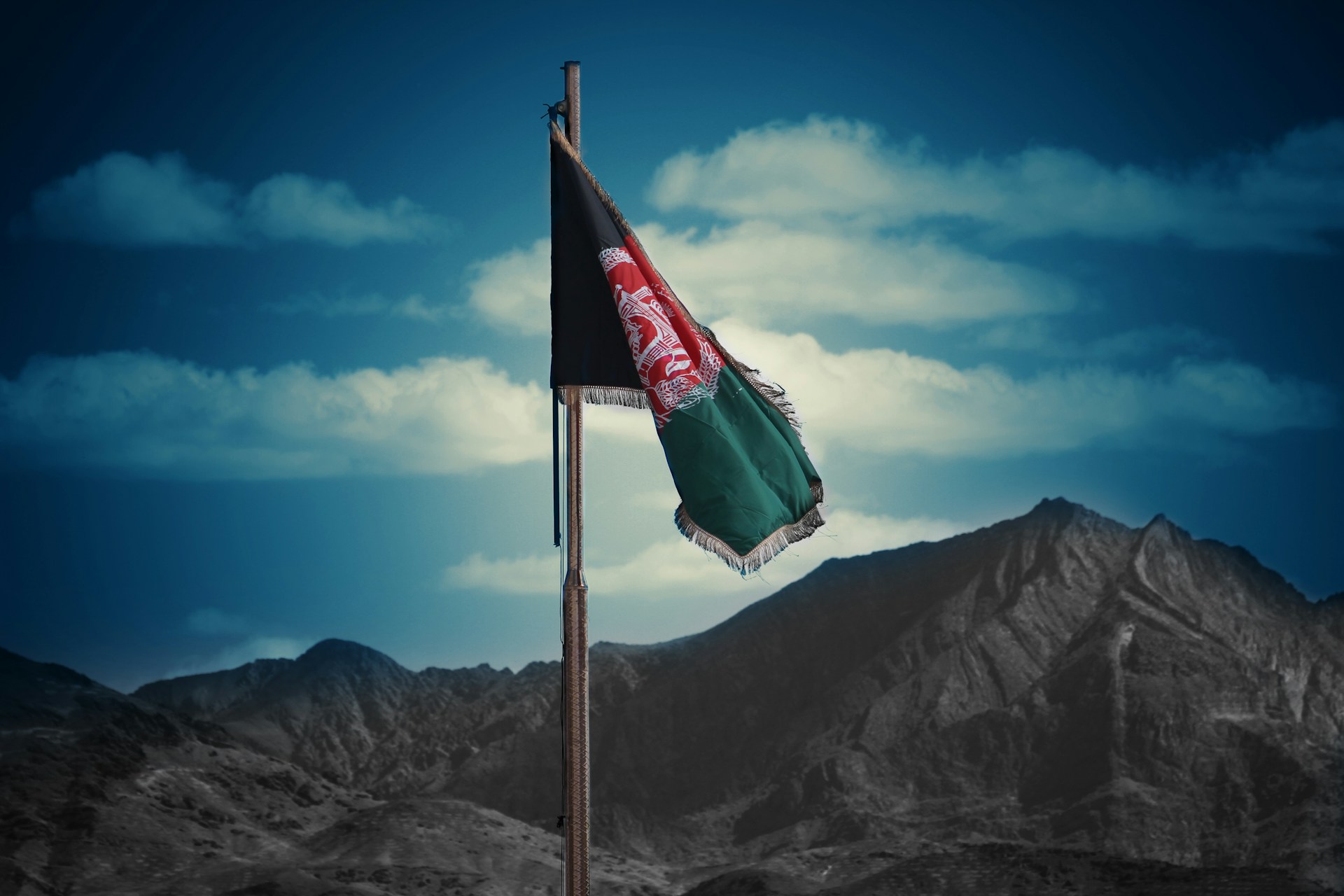In this segment of the Aetidal (Moderation) program, we will focus on the topic of Prevention of Vice and Promotion of Virtue, exploring its practical implementation.
The morality law on the prevention of vice and promotion of virtue, enacted by Taliban, has sparked reactions and objections from the international community, including the United Nations Assistance Mission in Afghanistan (UNAMA).
UNAMA has expressed concerns that the law further restricts women’s rights. In addition to UNAMA, the European Union, the United States, Germany, Canada, Australia, and several other countries have also raised issues with the law.
One provision of the law addresses the issue of Hijab, requiring women to cover their entire body, including their face. The law further stipulates that a woman’s voice—such as singing, reciting naats, or Quranic recitations—is considered ‘awrah (private).
Article 17 of the law mandates that media outlets publish content in accordance with Sharia, ensuring it does not offend Muslims or feature images of living beings with souls.
What is the role of Prevention of Vice and Promotion of Virtue in an Islamic system, and what are the practical methods for its implementation?
To discuss these questions, we have invited Dr. Mohammadullah Sakhra, an expert in Islamic jurisprudence and law; Mawlawi Mohammad Qasim Halimi, former Minister of Hajj and Religious Affairs and a religious scholar; and Ayatullah Syed Mahmood Hashmi, a researcher in Islamic studies and Quranic sciences.
We now turn to their insights on this important topic.
Views: 133











